Packing Food Is A Whole Love Language

Leaving home for a new country can be overwhelming. Taking treasures from your family’s kitchen softens the harsh transitions, and makes the new experiences sweeter, finds Rini Singhi.
It’s T-minus 15 days until my brother and I leave for the US. The house has an eerie silence; only the kitchen is bustling, ma with a clipboard in her hands, is calling out a list of things we have to take. My bua, who has just reached Jaipur after a 5- hour drive from Jodhpur, has invited herself into the kitchen and sets about to make moyan-kharkra.
Getting a whiff of dry coconut, I walk in to find her grating the coconut, adding it into a paraat filled with flour, sugar, and ghee. She takes some warm water and gently kneads it, massaging the dough, filling it with love, hoping that I will taste that across seven seas.
The tradition of packing food is a love language — a pre-emptive act of care that extends beyond time, space and distance. How else would you feel the love, if not in that one bite?
Fifteen minutes away from my home, my dadi and aunt work in tandem, promising to make maatar, the only mithai I can’t resist. Maatar, unlike those overly-sweet, doused in syrup mithais, is the perfect combination of gaund, flour, ghee, coconut, jaggery, and almonds and it crackles and melts in your mouth. The best energy bar to take to the land of energy bars. Making full use of this opportunity, I ask my dadi to make her famous kharke papad ki churi; a mixture of crushed papad and kharkra doused in ghee, cumin, and red chilli powder. She looks at me and says, ‘’Nai, papad nai, usme khar hai”. It’s not auspicious to carry ‘khar,’ an alkaline salt used in papad, as a preservative. Delving into this deeper, I learn about the age-old tradition of avoiding extremely salty foods, which to my dadi means avoiding obvious potential impediments when taking on a relatively important task.
Author’s dadi in the process of making maatar
Freshly-fried mathri
Again, an extension of pre-emptive care, of hoping that a specific kind of food will not only keep me satiated but will also protect me from the inevitable bumps in life. Not different from feeding me a spoonful of dahi and sugar before I step into the unknown. I wonder if it gives her comfort to know that, despite the distance, she has done her bit to cushion the blows of my fall, through food.
Leaving is tough. Being left behind is tougher. A family of four will soon be a household of two. Ma takes on the mammoth task of packing food that will sustain us for a week. R’s favourite masala ke parathe (paratha made with ghee, chilli powder, cumin, and salt) makes the cut, as does thepla and panchkutta( a Rajasthani sabji with ker, sangri, amchur, gunda, and kumati). As she soaks the ingredients, I stand next to her, completely clueless of the storm of emotions that will take over when I have that first bite on the flight. When we were in school, ma would pack lunch for us every day, then why does this feel so different? Maybe, I am not as thankless as I was then — living away from home has ascribed more value to home-cooked food, especially when she makes it. Every morsel is more than itself, weaved with care.
Homemade mathri
Moyan-khakra
Hearts are heavy, but suitcases are heavier. Papa opens my bag and remarks, “Vaha par nai milegi kya?’’ (Won’t you get these there?) and takes out four of the six books I had packed, leaving behind Five Morsels of Love and Salt, Fat, Acid, Heat.
When words fall short, as they always do, food becomes my only love language. Sometimes, the only one I understand. As we leave for the airport, my anxiety is through the roof, leaving to a different country in the middle of the pandemic is not helping, either. Motion sickness that usually waits till I am in the air, has come in early, coupled with restlessness. Ma gets the jar of supari ( a mouth-freshener) from her bedside, hands one to me and puts a few in the small blue Tupperware for me to carry.
Rini Singhi is persuing a Masters in Nature-Culture-Sustainability Studies at the Rhode Island School of Design, with a focus on food (in)security and food systems. She documents her adventures on her instagram.
ALSO ON THE GOYA JOURNAL




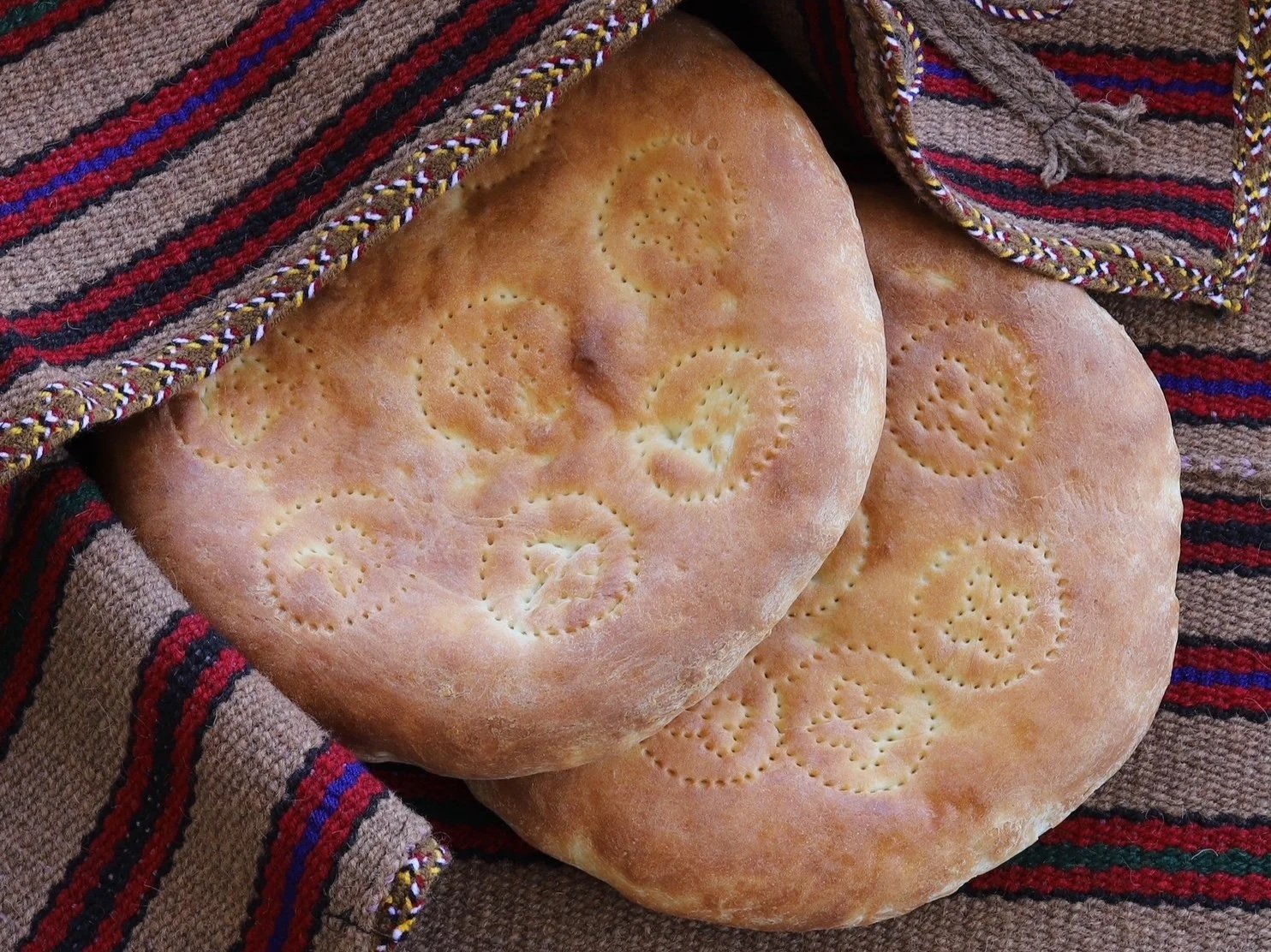
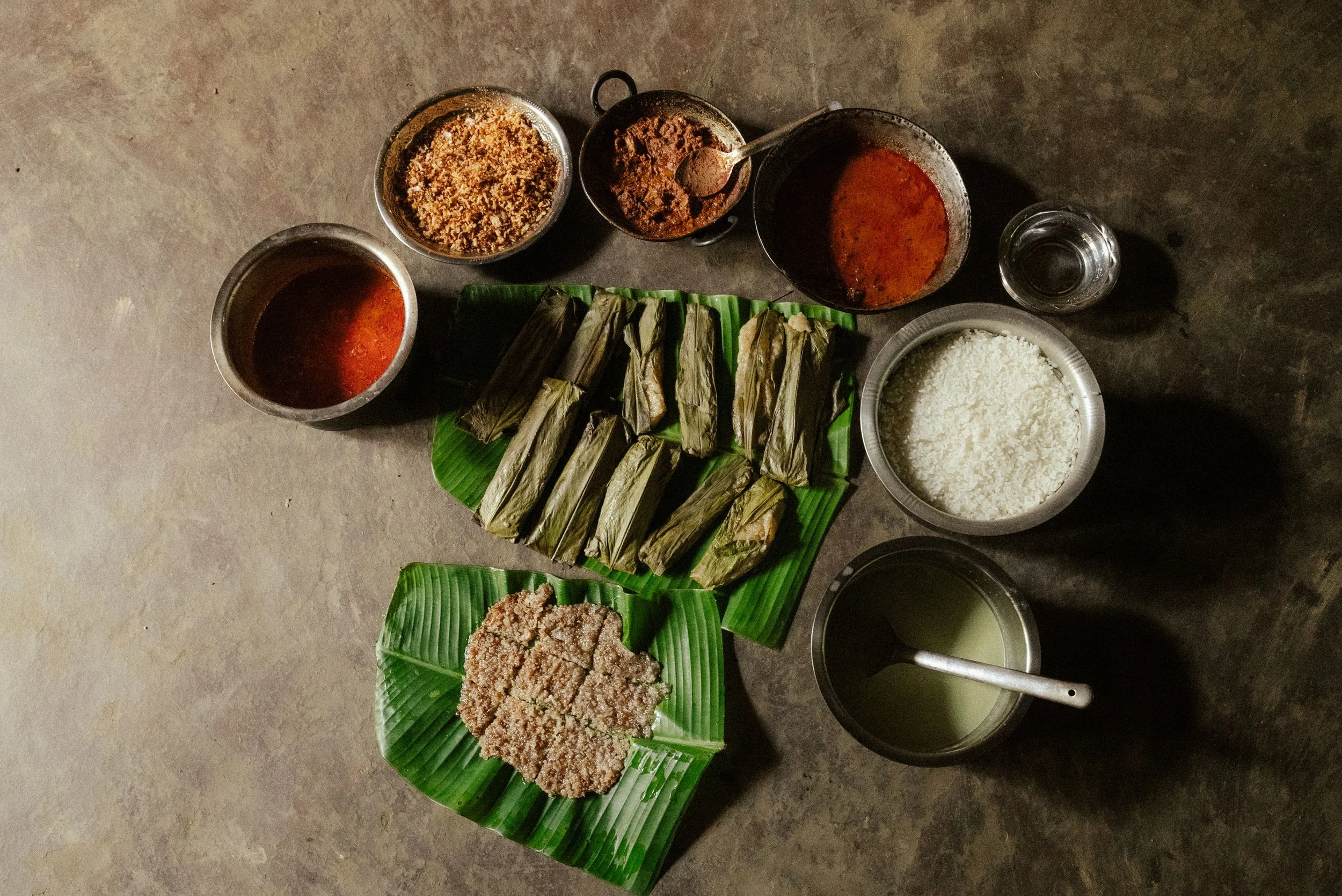
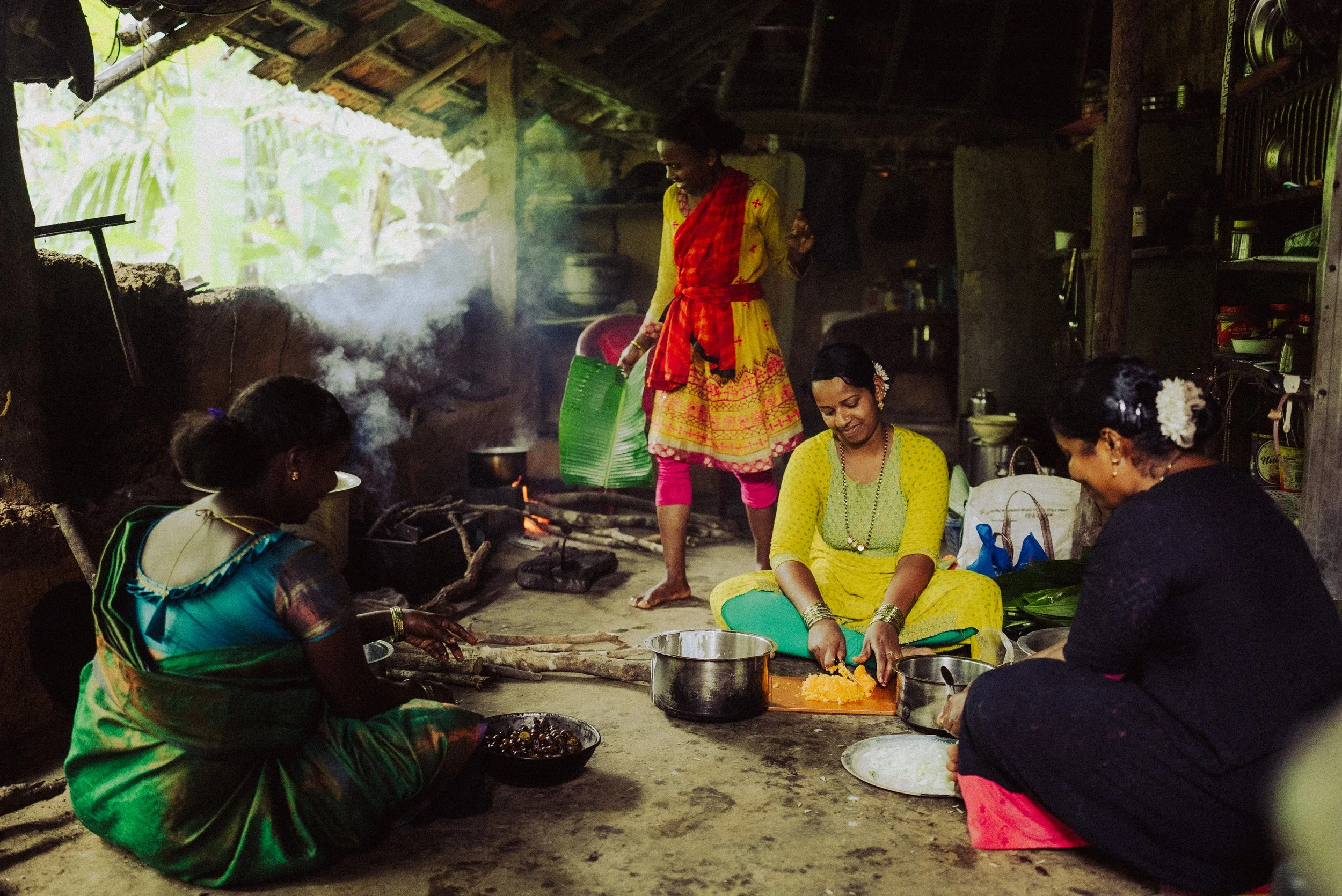
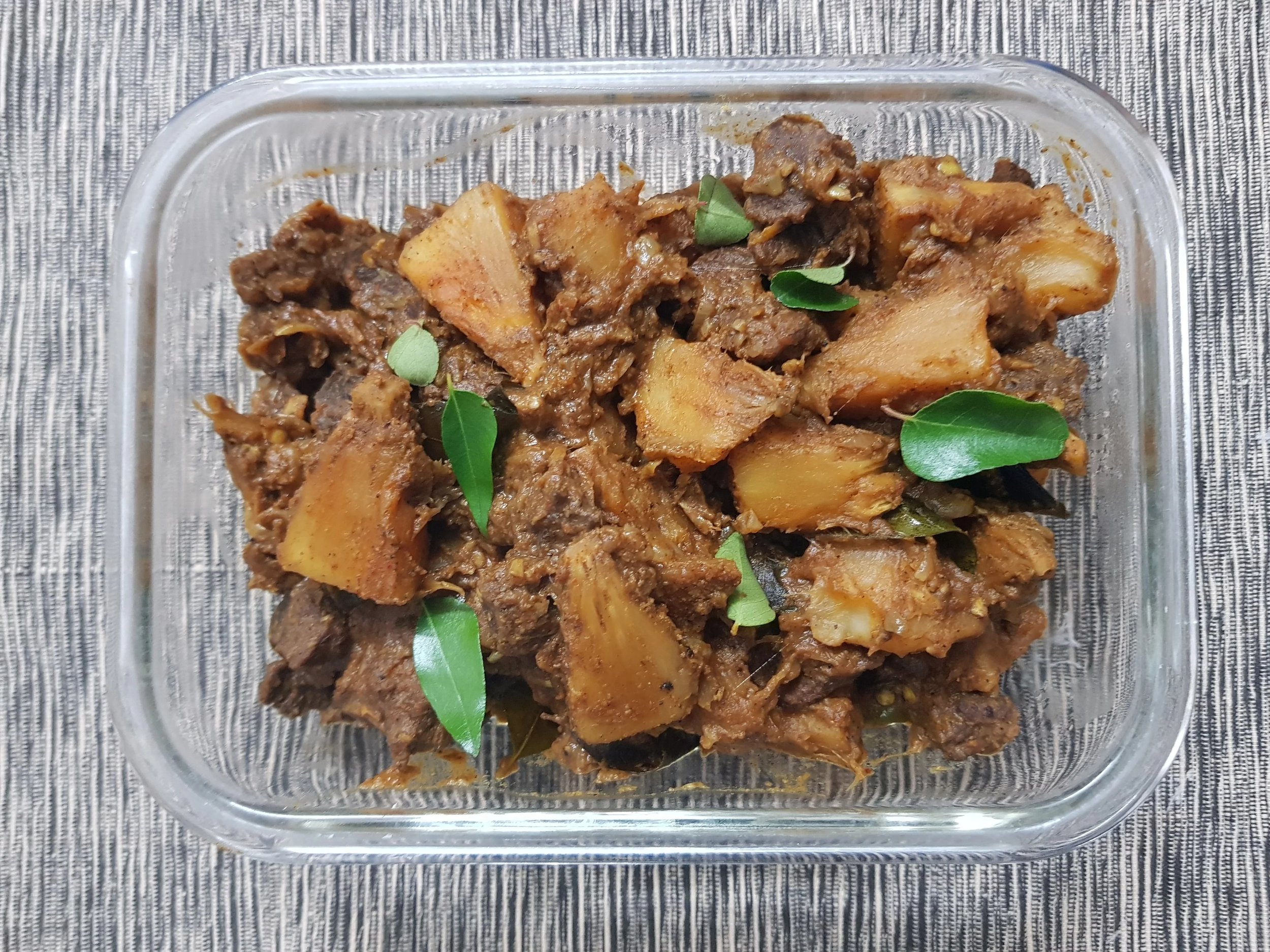
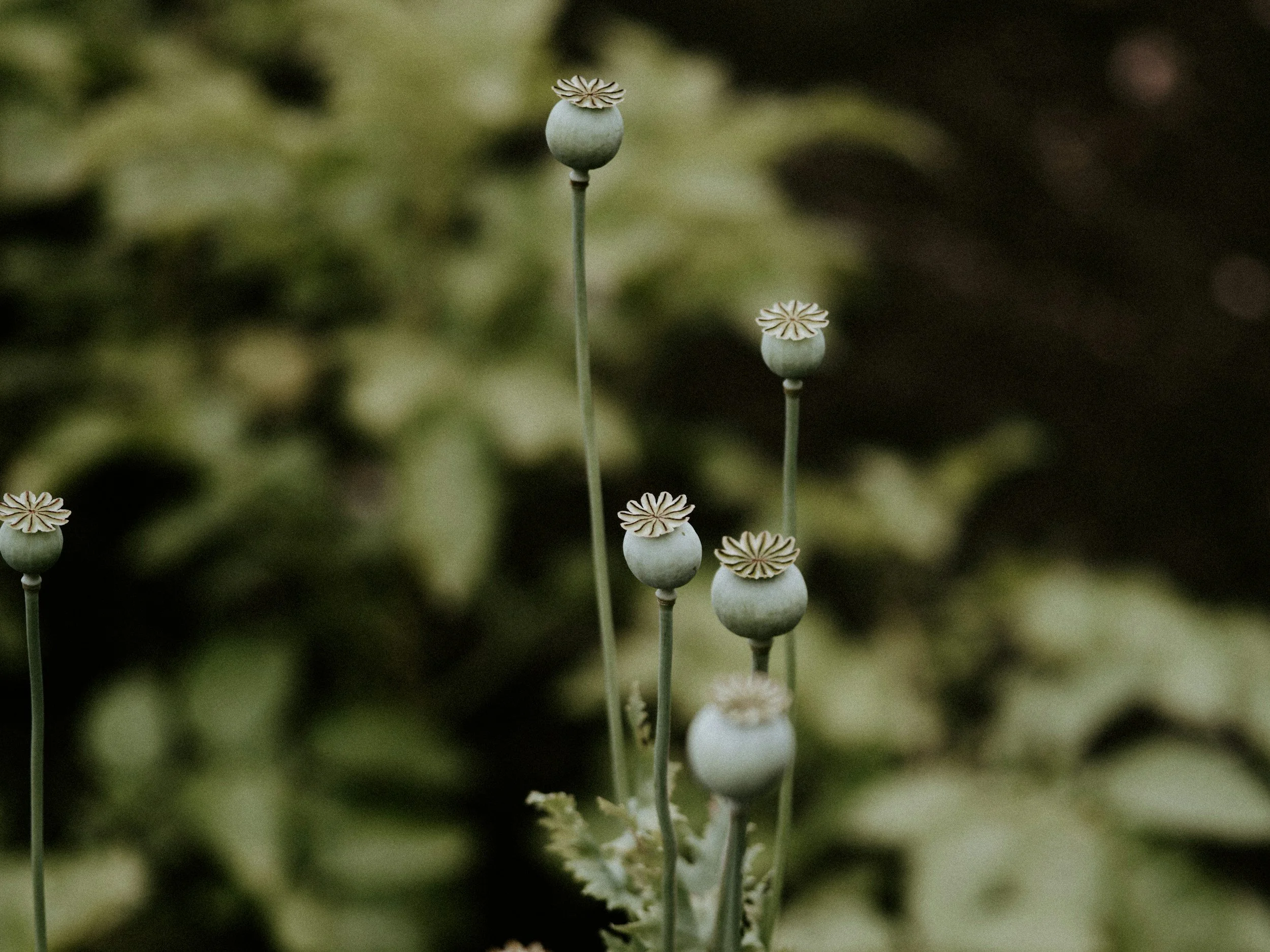
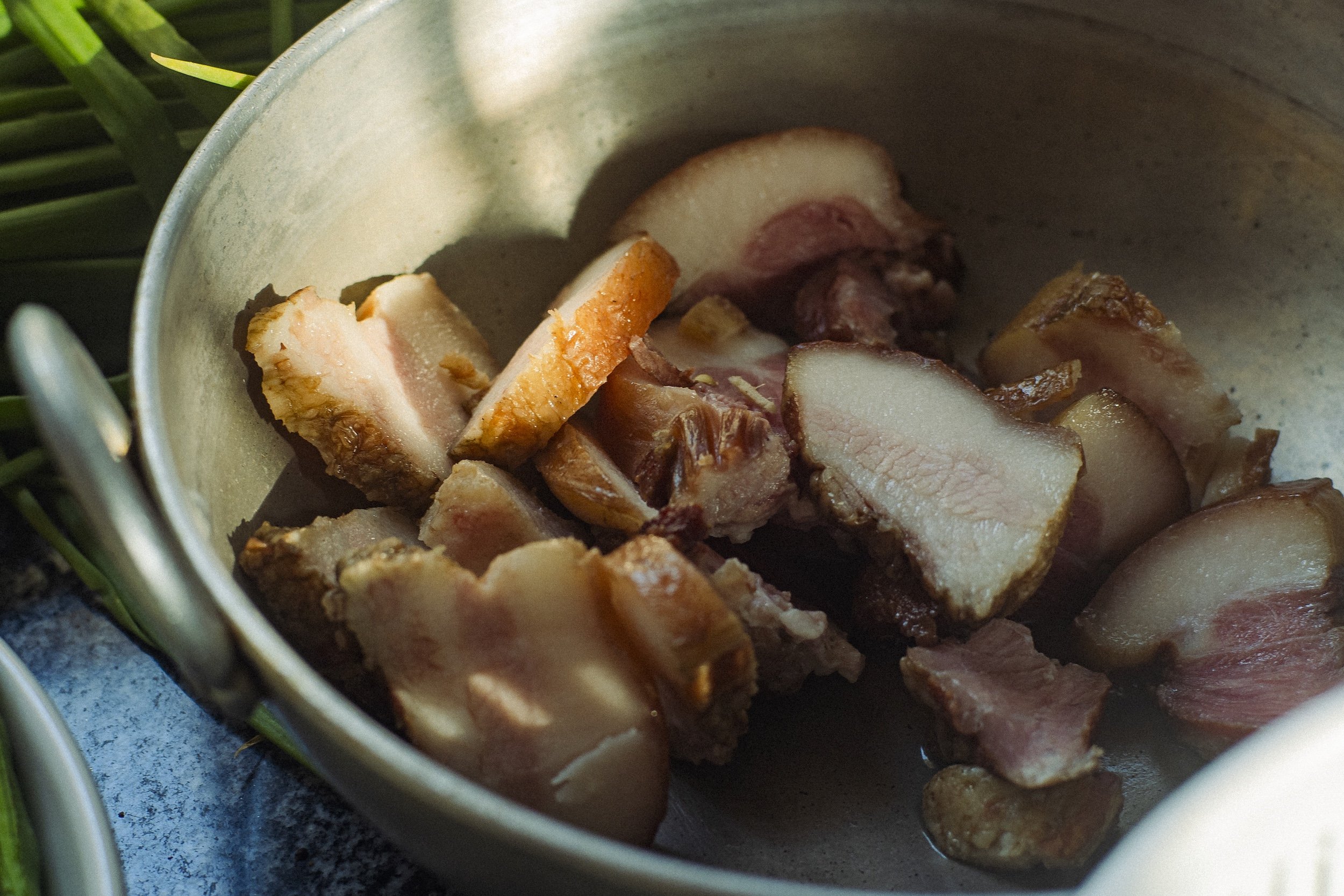
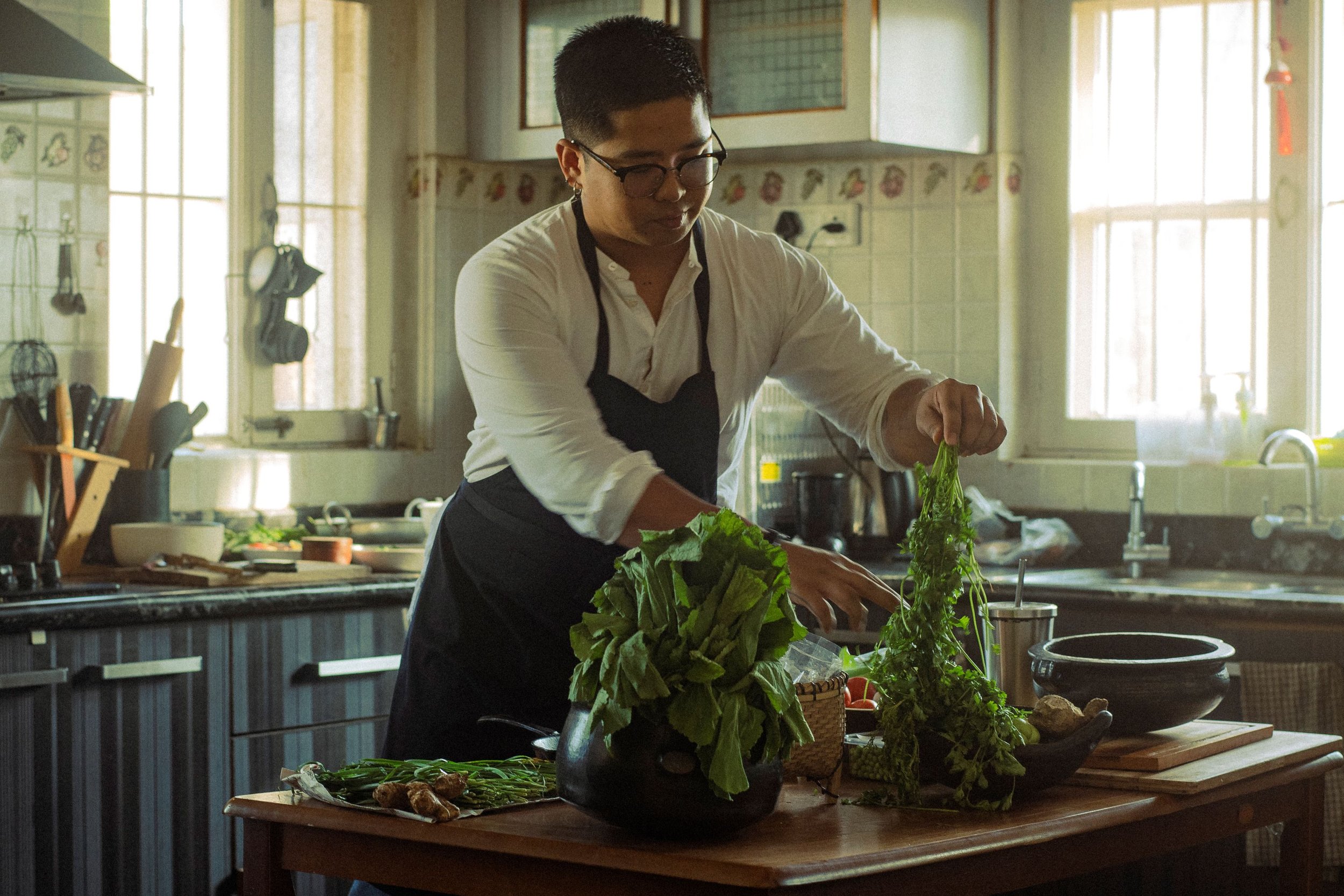
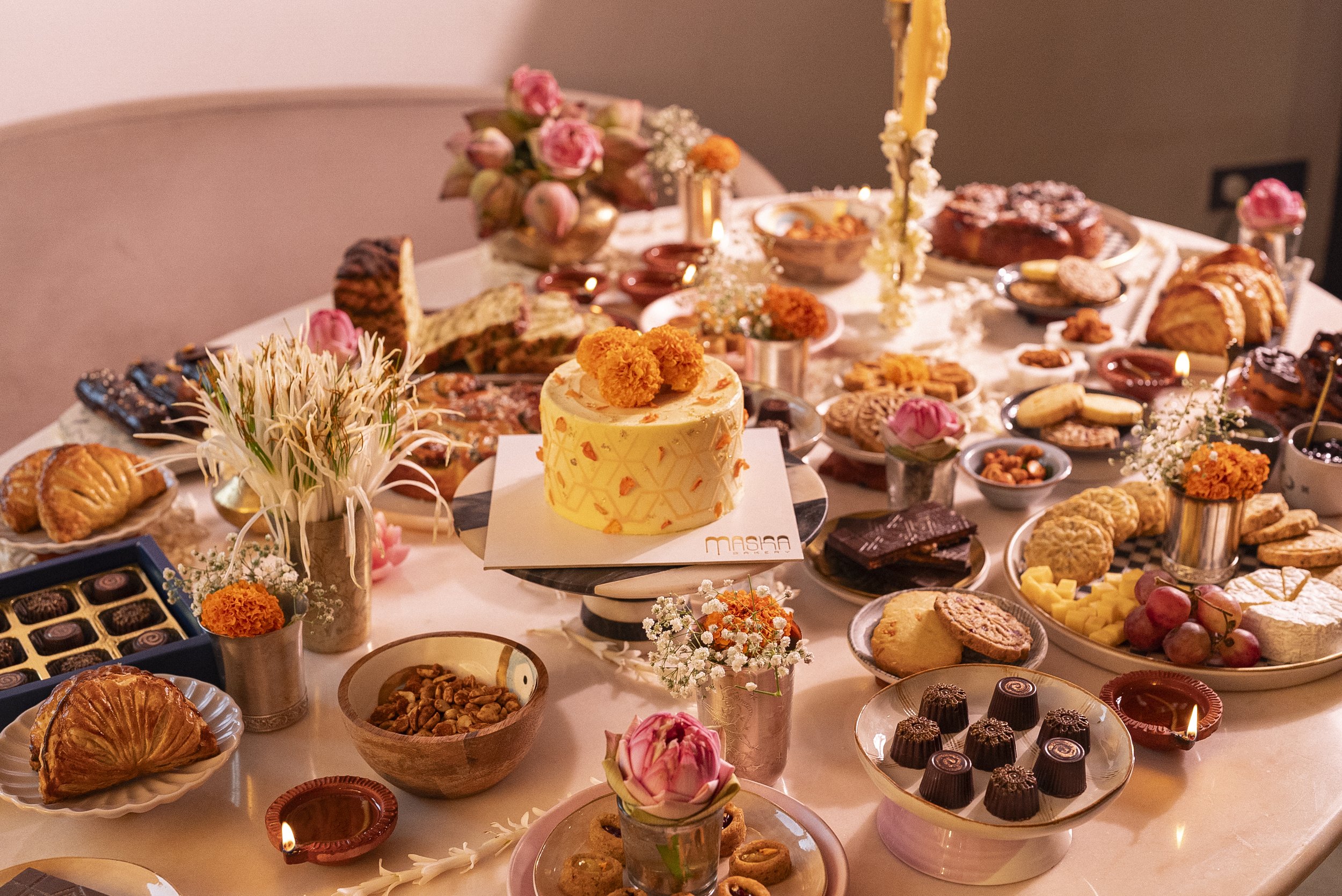
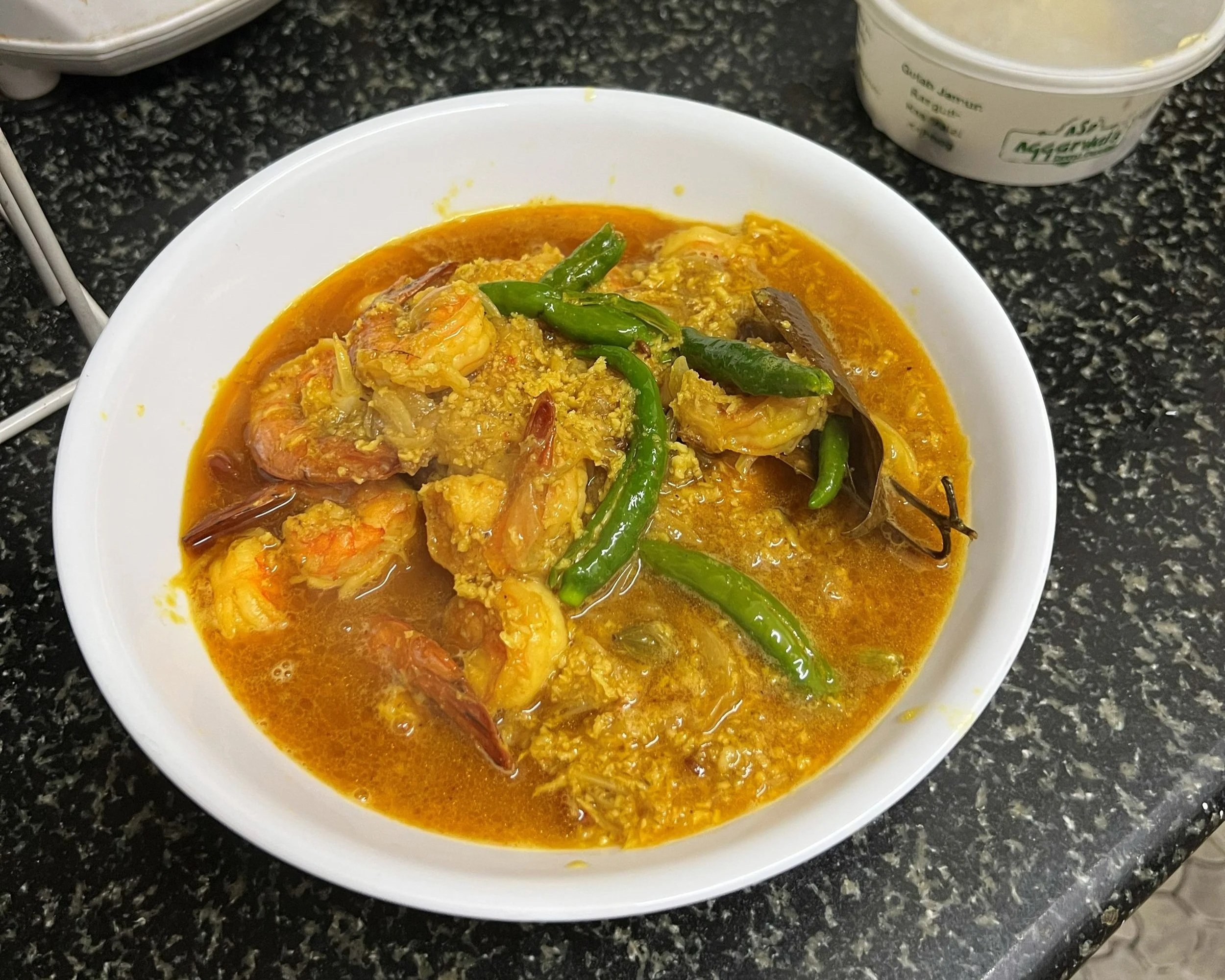
Neo-nomad cuisine at its finest | Terrence Manne